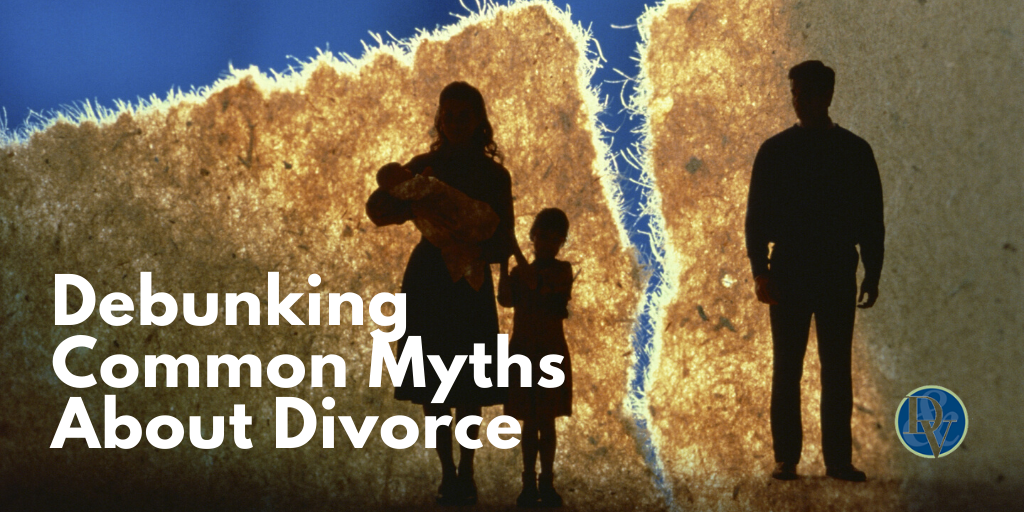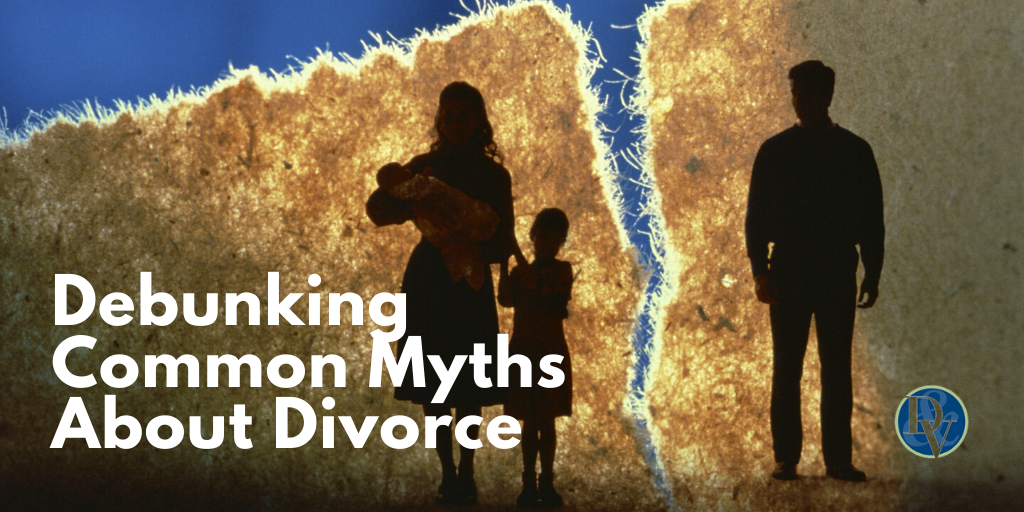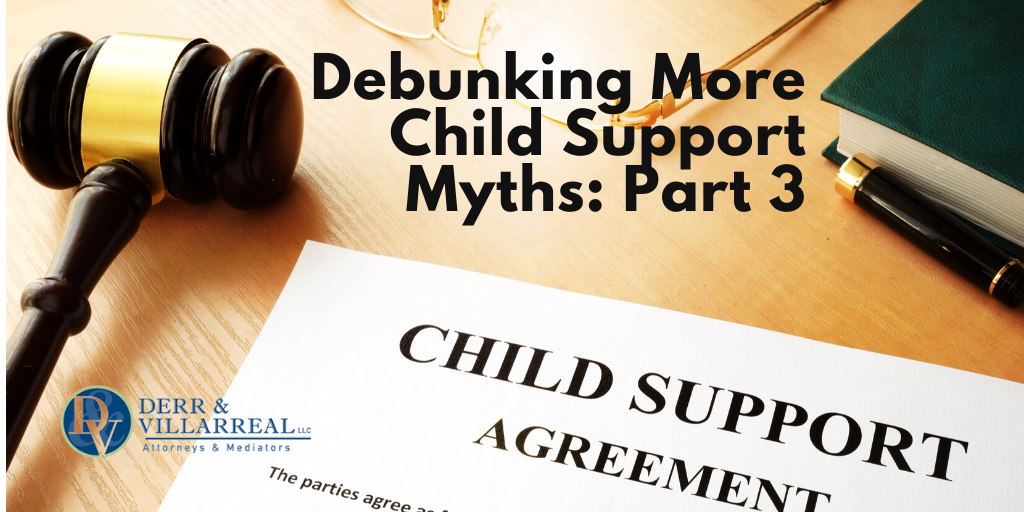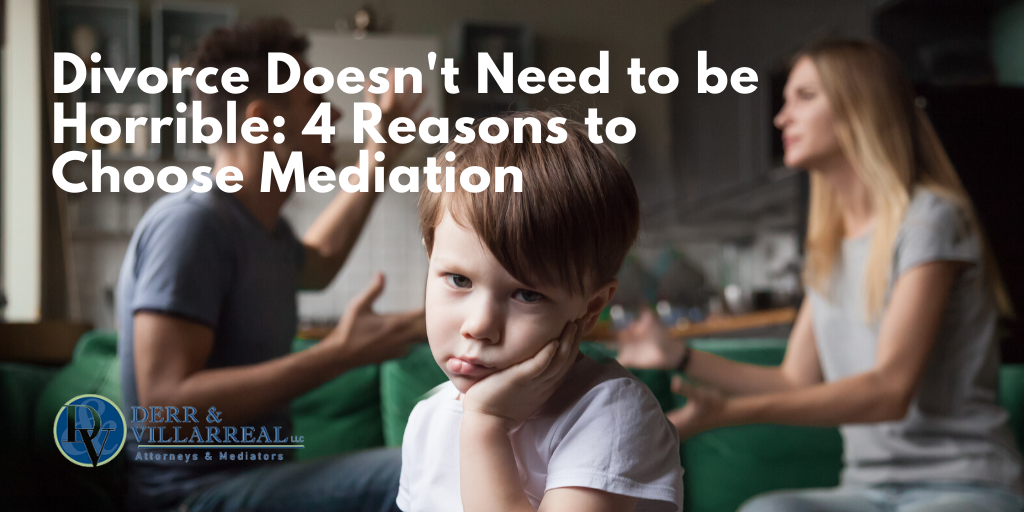Debunking Common Divorce Myths

Many people considering divorce get their information from friends, family members or people at work. Unfortunately, most of this helpful advice tends to be wrong. When people rely on this advice it often results in poor decision making that hurts them in the long run. Using the divorce mediation process will provide you the correct legal and financial information you need to make good decisions. Here’s four common myths we hear about divorce, along with what the facts really say.
Divorce Myth 1: To divorce my spouse, I must go where we got married.
Wisconsin allows divorce even if you married your spouse in a different state or country. You do not need to travel to the location where the wedding took place. The two requirements that matter most involve residency. You must live in Wisconsin for 6 months before filing for divorce. Similarly, you need to live in a Wisconsin county for at least 30 days before you can file at the County Courthouse.Divorce Myth 2: A court only approves a divorce if I agree to it.
In all fifty states, the Court requires the approval of only one spouse to approve a divorce. While an unwilling spouse can make the process slow and difficult, the divorce will ultimately be granted. Further, Wisconsin divorces are “no-fault”, which means no reason must be given, like adultery or domestic violence. One spouse must consider the marriage irrevocably broken. That’s it.Divorce Myth 3: You must do marriage counseling before you get a divorce.
While possible in some situations, the Court rarely requires marriage counseling before approving a divorce. Usually, such efforts fail because both spouses must be commitment to making it work for counseling to succeed. However, Courts sometimes order co-parenting counseling for parents to learn to raise their kids together, though separated.Divorce Myth 4: I am legally separated from my spouse if we live apart and have separate bank accounts.
While you may appear physically separated, you remain legally married until a Court says otherwise. This means you remain responsible for your spouse’s debts and obligations, and both your property and income remains marital property. The Court must grant you a legal separation for it to stand up in court in the future.Related: What is the Difference Between Legal Separation & Divorce?
What Divorce Myths Have you Heard?
Do you have a false piece of divorce advice you want us to debunk? Send your ideas to alexmderr@gmail.com and we may use them in our next blog on divorce myths!Enjoy this Article?
Subscribe to our Email List for more family law blogs & helpful articles!



 You’ve probably heard of legal separation before. How is it actually different than divorce? They’re meant to work for different situations, depending on the context of each couple. Here are a few reasons someone might get legally separated, along with differences in the process and effects. It will help you better understand the differences between divorce and legal separation in Wisconsin.
You’ve probably heard of legal separation before. How is it actually different than divorce? They’re meant to work for different situations, depending on the context of each couple. Here are a few reasons someone might get legally separated, along with differences in the process and effects. It will help you better understand the differences between divorce and legal separation in Wisconsin.
 The second big reason people get divorced is for religious purposes. Many faiths low down on divorce for spiritual reasons. Legal separation provides a means to live apart, without having to get a full, formal divorce. In a case like this, the Court can still help the parties divide property, arrange child custody, and figure out other aspects of their separation.
The second big reason people get divorced is for religious purposes. Many faiths low down on divorce for spiritual reasons. Legal separation provides a means to live apart, without having to get a full, formal divorce. In a case like this, the Court can still help the parties divide property, arrange child custody, and figure out other aspects of their separation.







 When can same-sex couples start marrying in Wisconsin? They can already, since October 6, 2014. The same law made sex sex divorce in Wisconsin legal. Here are a few details you should know about this newly legal process.
When can same-sex couples start marrying in Wisconsin? They can already, since October 6, 2014. The same law made sex sex divorce in Wisconsin legal. Here are a few details you should know about this newly legal process.



















 When it comes to paying child support, rumors and myths abound. Sometimes amid all the disinformation, you might question whether you really know what’s going on when you make major decisions. In this ongoing series, we’ll be debunking common child support myths out there involving related family law issues. We start with two popular myths:
When it comes to paying child support, rumors and myths abound. Sometimes amid all the disinformation, you might question whether you really know what’s going on when you make major decisions. In this ongoing series, we’ll be debunking common child support myths out there involving related family law issues. We start with two popular myths: